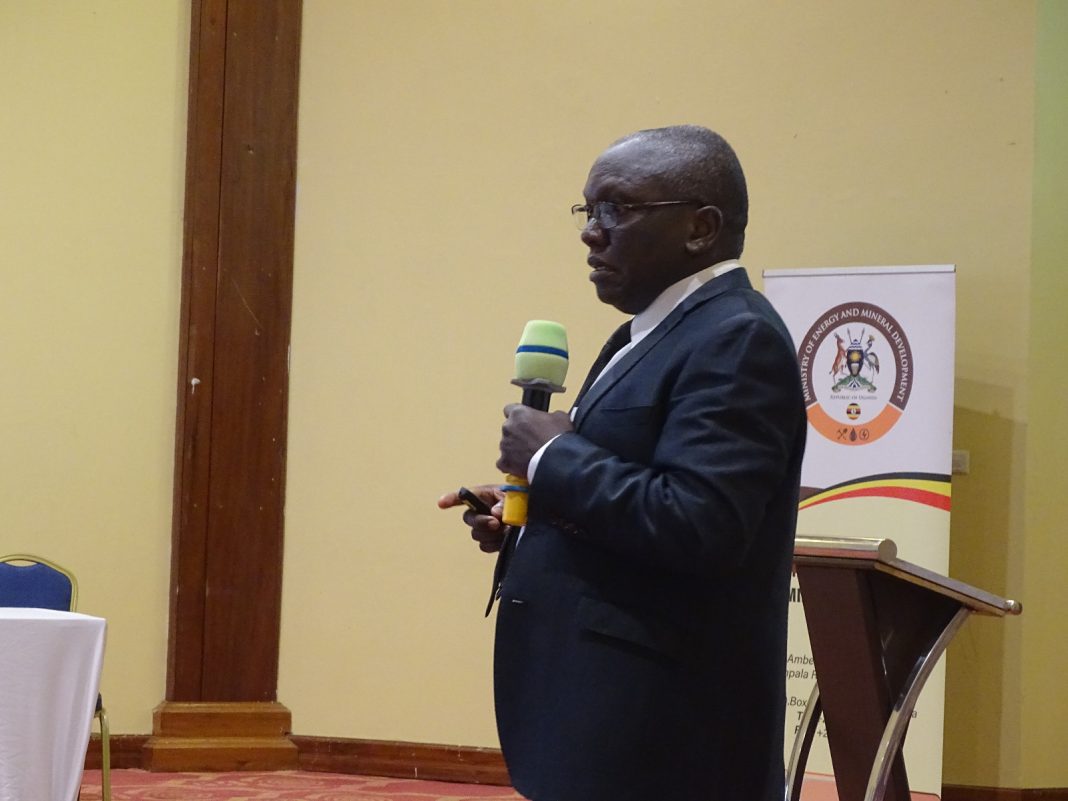The Uganda National Bureau of Standards (UNBS) together with the Ministry of Energy and Mineral Development (MEMD) have called upon all fuel station owners to adopt self-monitoring systems to boost compliance to fuel standards and regulations.
The remarks were made during a Fuel Marking and Quality Monitoring Program (FQMP) awareness campaign organised by UNBS and MEMD to sensitize local authorities in South Western Uganda about fuel quality and accuracy of fuel measurements.
The FQMP Field Supervisor, Mr. Peter Kitimbo, said that most non-compliance tendencies in the fuel industry happen in transit and that self-monitoring systems can help fuel stations detect and reject substandard fuel products.
“Most of the fuel is adulterated during transportation. By the time fuel reaches its destination, it has already been tampered with. Therefore, we are encouraging fuel station owners to put in place self-monitoring systems. That way, they can be able to detect and reject substandard fuel even before the regulators come in.” Mr. Kitimbo said.
“We also encourage fuel stations owners and the public to alert us in case of suspicious activities and the local authorities to cooperate with us in the regulation of fuel stations, most especially in hard to reach areas.” Mr. Kitimbo added.
The Deputy Executive Director in charge of Management and Financial Services at UNBS, Mr. Daniel Richard Nangalama Makayi, urged the stakeholders to join the fight against the three major malpractices in the fuel industry; Adulteration, Smuggling and Dumping because they affect the welfare of our businesses and economy.
The stakeholders were urged to desist from operating non-compatible businesses near fuel stations and were encouraged to legalize their operations through implementing fuel standards and acquiring licenses for their fuel operations.
The Fuel Marking and Quality Monitoring Program, implemented by government through MEMD and UNBS, is designed to control and monitor the quality of petroleum products in the entire supply chain in Uganda. This time round, the routine sensitization campaign was held in South Western districts of Uganda; Kisoro, Kabale, Rubaare, Isingiro and Mbarara.
Despite statistics that show that that Eastern region has the highest non-compliance rates at 36%, followed by western region at 24%, Southern region at 22%, Central at 13% and Northern region at 6%, the Fuel Marking and Quality Monitoring Program has reduced fuel adulteration rates from over 30% in 2000 to less than 1% in 2025.























